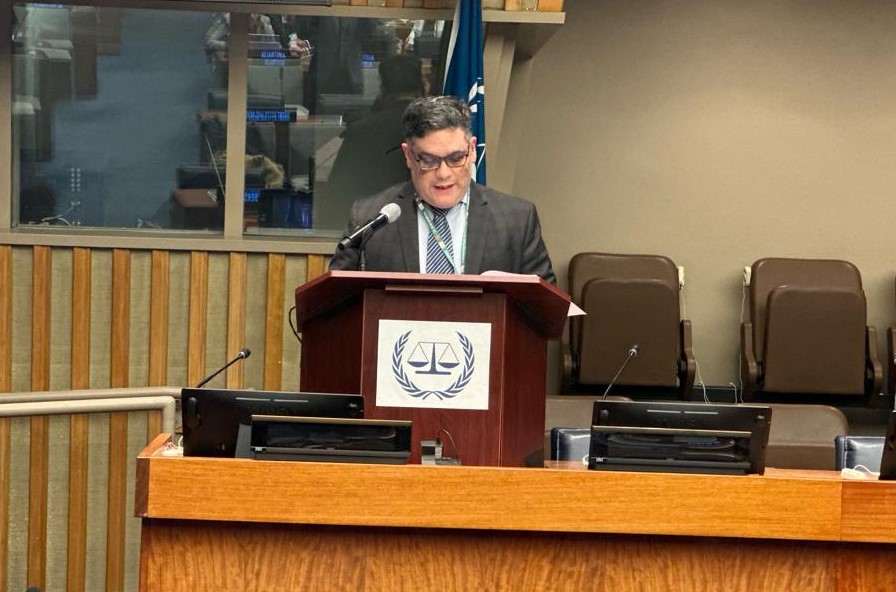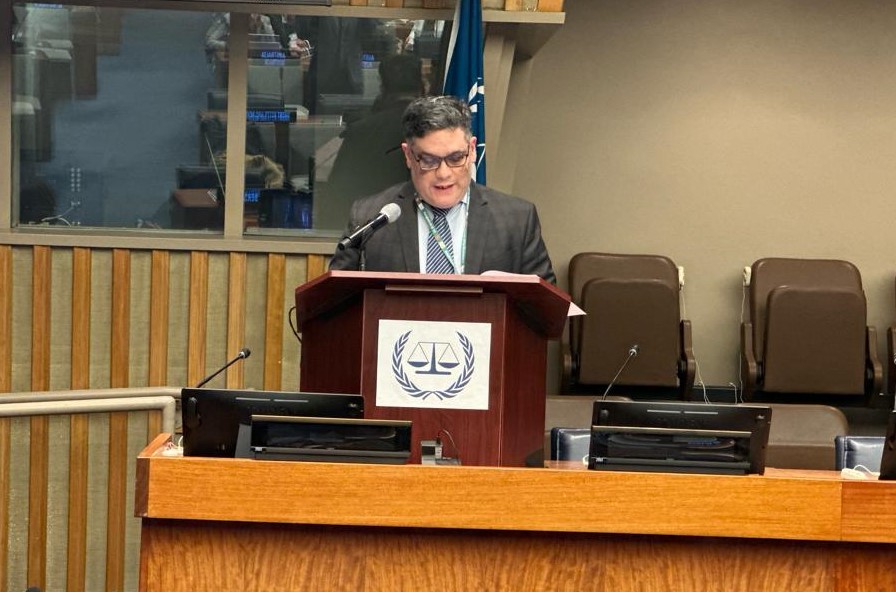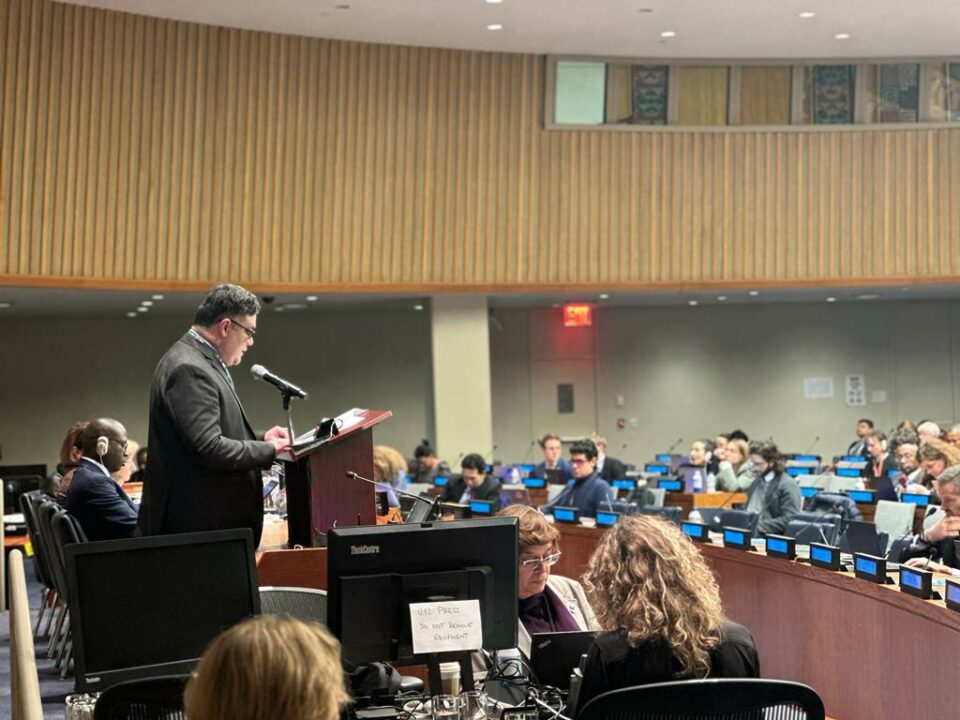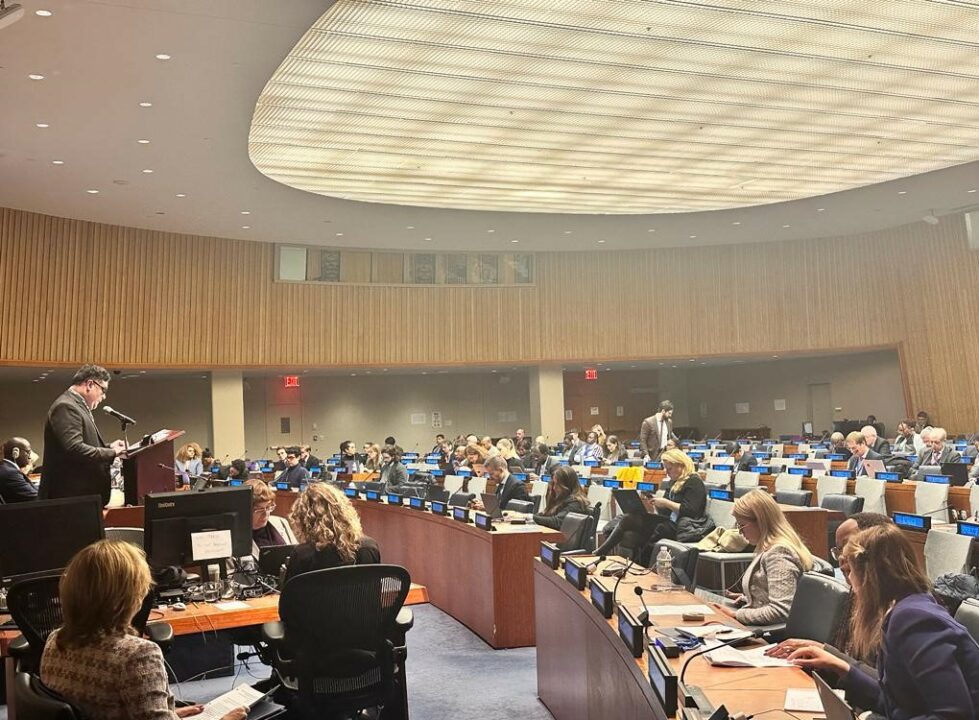Madam President,
At the outset, I wish to congratulate you for your able leadership of this session of the Assembly of the States Parties. We would also like to register our deep appreciations to the Office of the Prosecutor and the Registry for their dedicated service to the Court.
We take this opportunity to also warmly congratulate the newly elected judges of the Court, the new President of the Assembly and the Bureau members; and assure them of our full cooperation and support in discharging their responsibilities.
Madam President
As a victim of genocide, war crimes and crime against humanity itself, Bangladesh remains deeply committed to the principles and purposes of the Rome Statute. We believe that the International Criminal Court has the potential to advance the global commitment to end impunity, and prevent occurrence of the most serious crimes under international law.
We join others in reiterating our strong support for the integrity and independence of the Court, and condemn any external attacks, interference and politicization that might impede the efforts of the Court to fulfil its mandate.
Madam President,
Allow me to share a few specific points:
First: We believe the credibility of the Court lies primarily in its ability to serve the victims, particularly those who are the most vulnerable and the least heard. In this regard, we wish to refer to the situation of Rohingya Muslims of Myanmar, who are considered as one of the most persecuted communities in the world. Bangladesh is currently hosting over a million Rohingya Muslims who were forcibly displaced from their homes in Myanmar.
We thank the Office of Prosecutor for its ongoing investigations on this question, to which our government is extending full cooperation. We hope to see early completion of the investigation, which is critical for ending the longstanding culture of impunity in Myanmar and supporting the right of the Rohingyas to seek safe, voluntary, and dignified return to their homeland.
Second: As a criminal court, ICC’s services are meant to deter the perpetrators from continuing or re-committing the crimes under its jurisdiction. It is therefore critically important that ICC remains objective in its attention to the protracted or longstanding situations. We are deeply concerned by the failure of the ICC to make any progress in the investigation in Palestine situation, which has only emboldened the State of Israel to continue its atrocities unabated in the Occupied Palestinian Territory.
In the context of the ongoing Israeli aggression and atrocities in Gaza, Bangladesh, along with four other countries, has made a referral to the ICC seeking investigation by the Office of the Prosecutor about possible commission of genocide, war crimes and crimes against humanity in the OPT. We call upon the Prosecutor’s office to prioritize this investigation, with the view to preventing continuation of Israel’s genocidal actions in Gaza.
Third: The mandate and responsibility of ICC to punish the most serious crimes can be better materialized by effective use of its complementarity principle. Bangladesh has already benefited from this principle as it took up the mammoth task of trying individuals responsible for genocide, crimes against humanity and other serious international crimes committed during its 1971 war of liberation. The trial, despite many challenges, has succeeded to set a good example of prosecuting international crimes through national courts.
Bangladesh calls for enhanced institutional arrangements for disseminating ICC’s norms and practices with interested national jurisdictions for further strengthening complementarity, bearing in mind the varied contexts of national jurisdictions. In addition to that we also emphasize the importance of expanding ICC’s technical cooperation capacity, particularly in the field of victim and witness protection.
Fourth: As a state party to the ICC, we wish to see an effective governance system in the Court that maintains the principles and practices of a member-state driven intergovernmental organization. In this regard, we welcome the review activities undertaken by the ASP and the Court and call for further efforts in this regard. We are particularly keen to see the Court to uphold geographical representation and gender balance in its structure and urge for all possible efforts towards addressing the gaps in equitable geographical representation.
Finally, as we observe the 25th anniversary of the Court, we cannot overemphasize the importance of promoting universality of the Rome Statue. We welcome the decision of Armenia to join ICC as a new member. However, we cannot be complacent as almost one-third of the UN’s membership is yet to join the Court, including countries with global clout. As states parties, we have a responsibility to encourage other States to join the Rome Statute. At the same time, the ICC must also demonstrate through its actions, that it is capable of delivering justice to the victims and holding the perpetrators accountable, no matter who they are.
To conclude Madam President, I reiterate my country’s firm and unequivocal support to the ICC and our commitment to work with fellow States Parties in building a world, that is just, equal and free from impunity.
I thank you.




